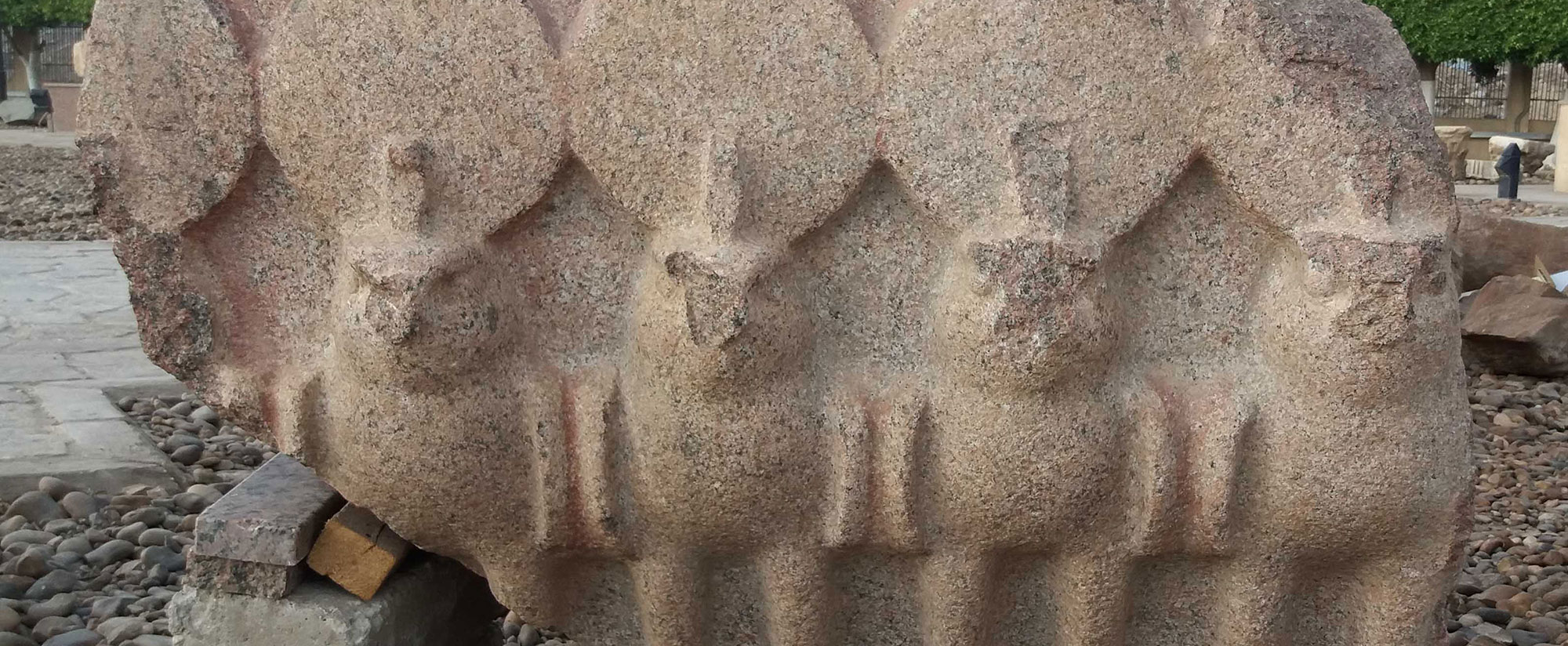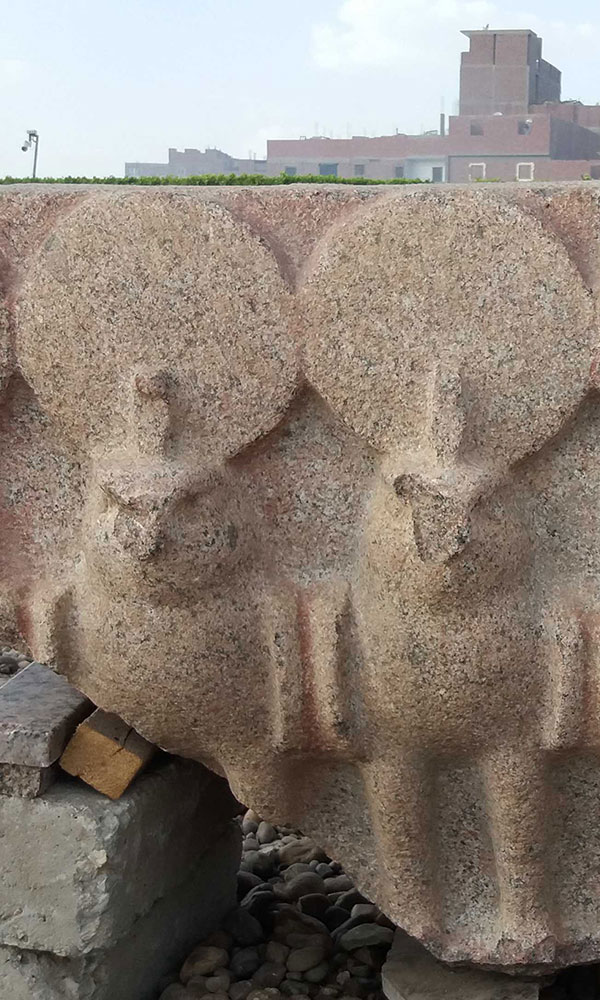MEXICO CITY, MEXICO—According to an Associated Press report, disfigured human remains uncovered at the Zultepec-Tecoaque site have been analyzed by archaeologists from Mexico’s National Institute of Anthropology and History. A convoy of about 75 Spaniards and several hundred of their foot soldiers and allies were traveling from Cuba to the Aztec capital with supplies to reinforce Hernan Cortes in 1520 when they were captured by residents of the Aztec-allied city of Zultepec. Cut marks on the bones indicate the men, women, and horses in the convoy were sacrificed and eaten over a span of several months. Analysis of the bones found at the site, including skulls on racks, suggests the women were pregnant, which is thought to have qualified them as “warriors.” Archaeologist Enrique Martínez said the bodies were also used to enact scenes from creation myths. One man was dismembered and burned as described in the myth of “El Quinto Sol,” or Fifth Sun, in which Huitzilopochtli, the god of the sun, must be nourished with blood. The town took the name Tecoaque, which means “the place where they ate them” in Nahuatl, Martínez explained. For more on the colonization of the Americas, go to “Conquistador Contagion.”
Disfigured Remains Analyzed in Mexico
News May 13, 2019
SHARE:
Recommended Articles
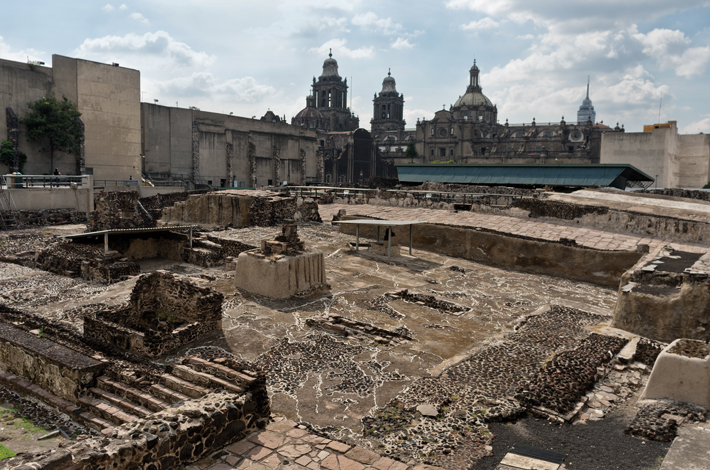
(AdobeStock)
Digs & Discoveries September/October 2022
Mexican Star Power
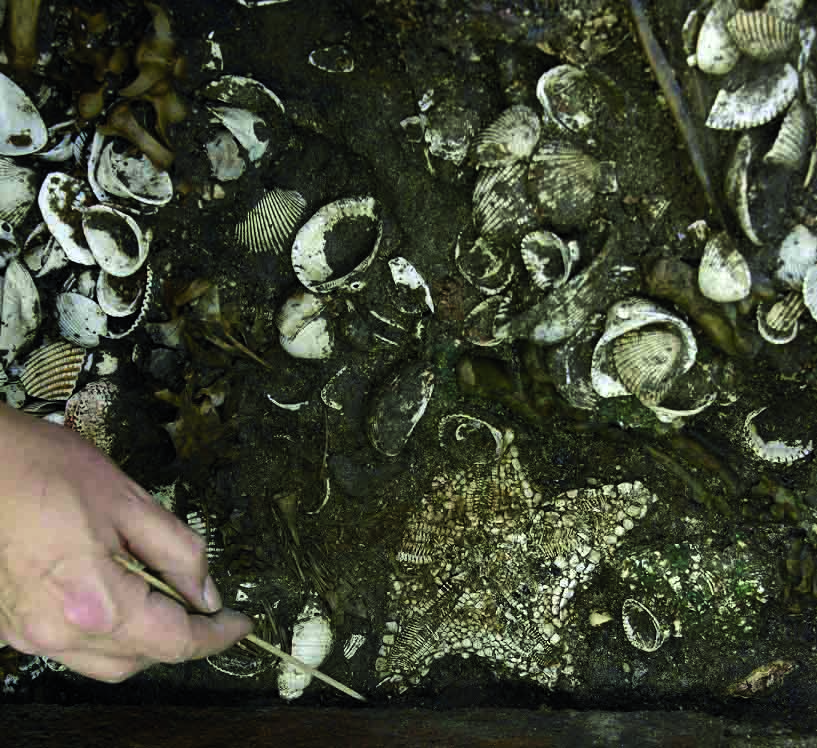
(Melitón Tapia, INAH)
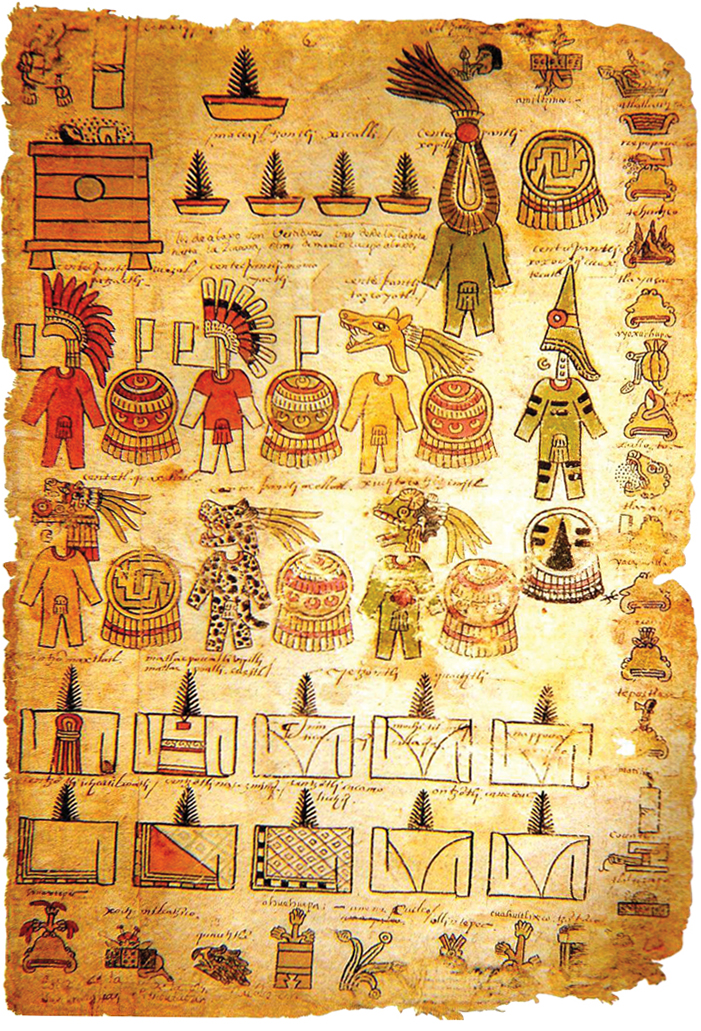
(History and Art Collection/Alamy Stock Photo)
Off the Grid January/February 2020
Malinalco, Mexico
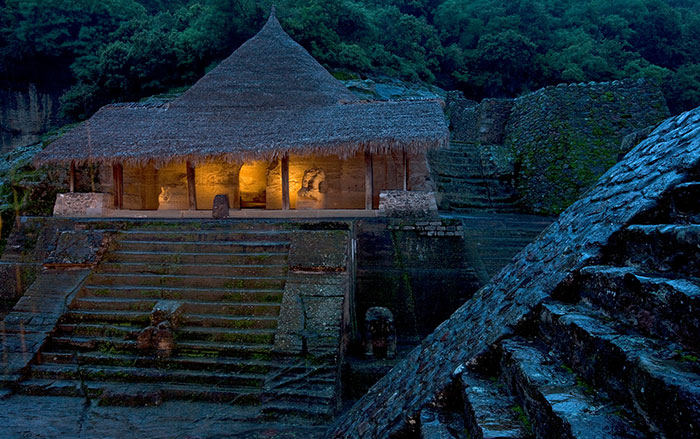
(Cavan/Alamy Stock Photo)
-
Features March/April 2019
Sicily's Lost Theater
Archaeologists resume the search for the home of drama in a majestic Greek sanctuary
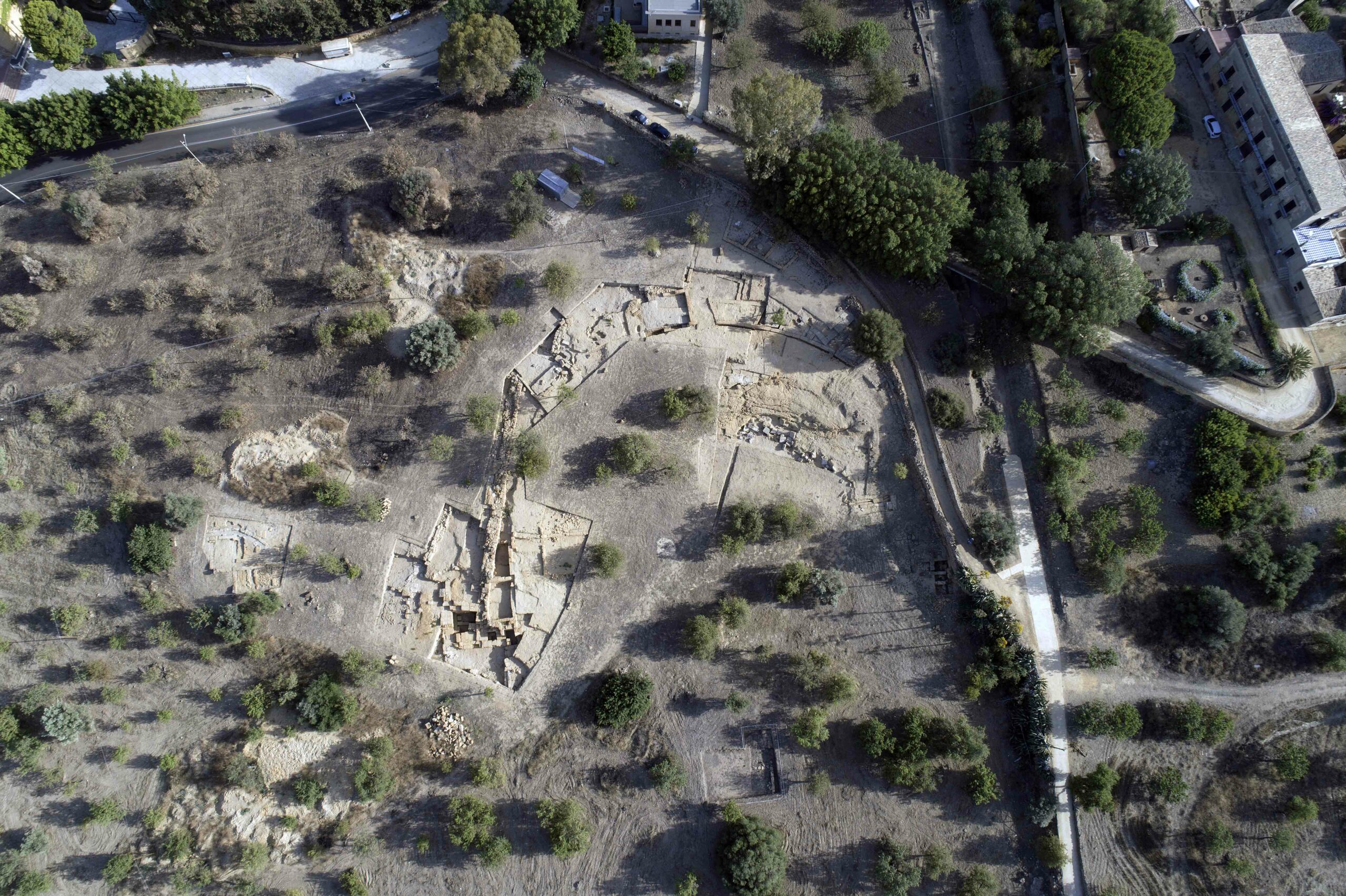 (Giuseppe Cavaleri)
(Giuseppe Cavaleri) -
Letter From Texas March/April 2019
On the Range
Excavations at a ranch in the southern High Plains show how generations of people adapted to an iconic Western landscape
 (Eric A. Powell)
(Eric A. Powell) -
Artifacts March/April 2019
Medieval Seal Stamp
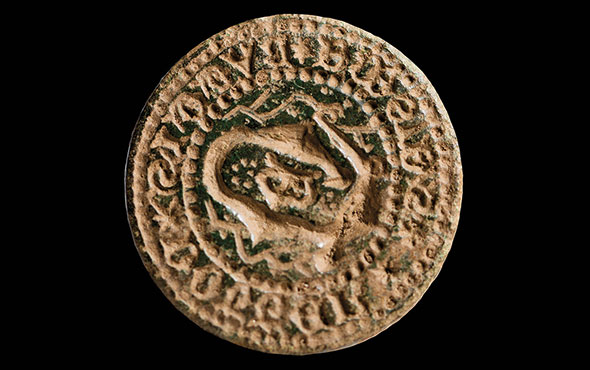 (Rikke Caroline Olsen/The National Museum of Denmark)
(Rikke Caroline Olsen/The National Museum of Denmark) -
Digs & Discoveries March/April 2019
Fairfield's Rebirth in 3-D
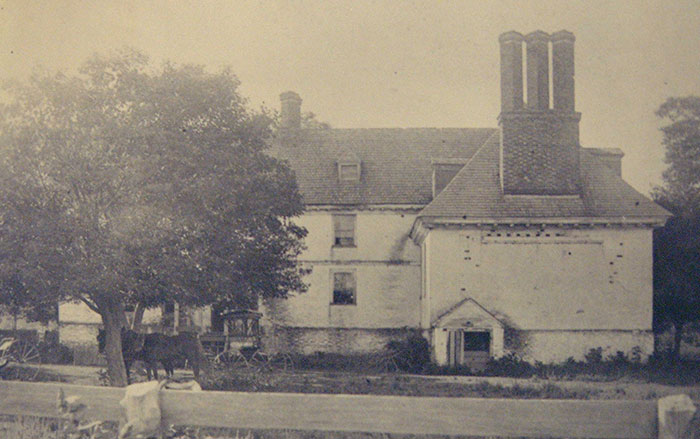 (Virginia Department of Historic Resources)
(Virginia Department of Historic Resources)


